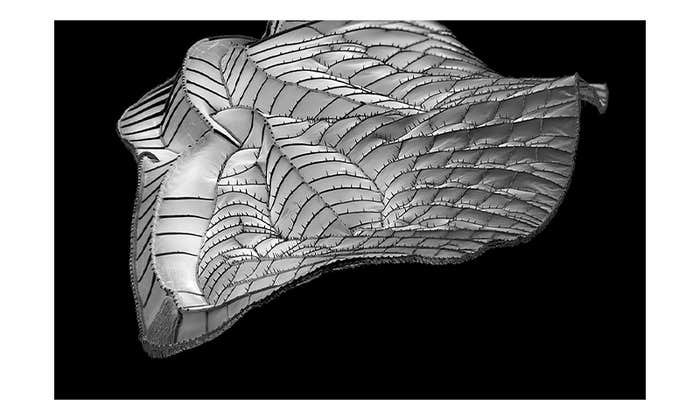We are retracting your study. I wanted you to know before the announcement.
What’s the problem?
There are anomalies in your data.
Is that bad?
Not if you can explain them.
Hang on, let me Google “anomalies.”
It appears you faked some of the data.
I prefer to say we “enhanced” it.
What?
We are confident the numbers we added reflect what would have happened, based on the laws of nature and the law of predictable coincidence, which is newer.
But some of this data seems off. The results from the urine samples, for example.
We topped those off.
What do you mean?
It was very dry in Phoenix that summer and some of the volunteers couldn’t fill the beakers to the line.
I can’t believe this.
It was all human urine, don’t worry.
Our investigation found one of the peer reviews was from your mother.
She said you called.
She’s not an expert in the field!
That’s very elitist. Not everyone has the opportunity to earn a PhD.
Most of the other reviews were suspicious, too. Who is Professor B. O’Reilly?
That’s me.
You’re Professor O’Reilly?
Baba O’Reilly. Get it?
Dr. B. Albright?
Everything gonna be albright! Bob Marley!
You can’t do that.
Why not? I thought the paper was excellent.
Of course you do, you wrote it.
Well, I wrote most of it! Ha, ha!
You plagiarized it?
Does that mean “stole?”
Yes.
Too strong. I just thought other people said it better. And I always forget how to add footnotes in Word.
Of the 28 studies you did cite, 21 have been retracted.
But seven have not.
Do you have any data at all?
You mean, written down?
That’s the idea. And releases from your volunteers.
You have to get their permission? When did that start?
What did you do to these people?
I’m sure it’s worn off by now.
What has worn off?
The “experimental” drug, which is funny to call it experimental, because it works, based on the data we’ll collect.
You haven’t….?
Right. You can’t collect data without funding, and you can’t get funding without being published. So we thought we would publish the study and then get the data. It’s been called a “revolutionary approach.”
By who?
I just called it that.
Does your co-author know about this?
My faculty advisor?
Did you discuss any of this with her?
I wasn’t able to.
Because?
She died in 1997. She was my faculty advisor in high school.
Why did you put her name on the paper?
She taught me the beaker trick. It’s a tribute.
Did anyone else help you with this?
You mean, actual people?
Yes, not ones you invented.
Should I count the industry people?
The industry people?
The ones who heard about the study and gave us money. They even wrote a lot of it for us. Great guys.
You’re supposed to note that!
Believe me, I noted it.
In the paper!
Oh.
Something is wrong with our process.
Are those the only two objections? I can fix it over the weekend.
You can’t “fix it over the weekend”! You faked data and peer reviews and your co- author was dead and you plagiarized and didn’t reveal your funding.
So, five objections. I can do it by Monday if I don’t play softball.
Chip Rowe is a writer based in New York.
Watch: The neuroscientist Christof Koch explains why he said the universe is “suffused” with consciousness.































